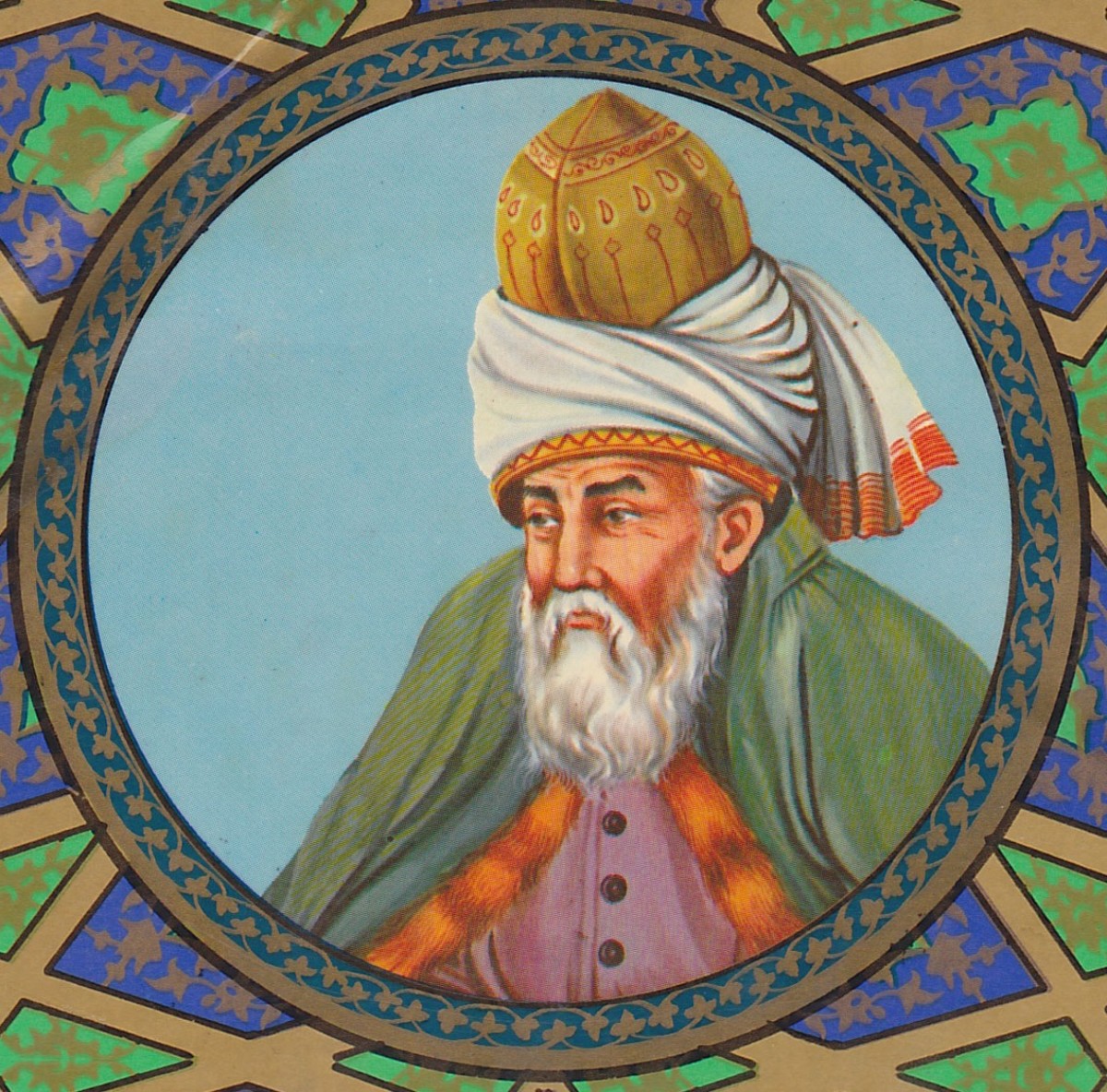How Ilhan Omar Overstepped Her Boundaries
For the past few days, the name - and face of - 'Ilhan Omar' has been plastered all over the news. Apparently she has unequivocally apologised - for invoking anti-semitic tropes in controversial tweets. It is interesting to note here that much of the pressure for her to apologise came not from the Right, but from US House Democrats, including Nancy Pelosi. It seems that Speaker Pelosi is having a difficult time reining in these newer additions to House Democrats, including Alexandria Ocasio-Cortez, Rashida Tlaib (most famous for characterising Trump as a 'Motherfucker') and Ilhan Omar herself.
What did Rep. Omar tweet?It's all about the Benjamins baby 🎶 https://t.co/KatcXJnZLV— Ilhan Omar (@IlhanMN) February 10, 2019
Of course, when pressed on who she thought was paying American politicians to be pro-Israel, She blithely replied:
AIPAC! https://t.co/UdzaFUEfrh— Ilhan Omar (@IlhanMN) February 11, 2019
Needless to say, Rep. Omar came under fire from both Democrats and Republicans for her 'use of an anti-Semitic stereotype' - presumably to do with Jews and money - which was 'offensive and irresponsible' (this criticism being proffered by Chuck Schumer).
Here's why her tweets were indeed irresponsible. AIPAC is a nonprofit organisation that does not donate directly to candidates or contribute to any political campaign, although it does work to promote a pro-Israel message in Washington. On this factual basis along, Rep. Omar's tweet was at the very least misleading.
The question is whether this reflects a deeper culture of incivility brewing just under the surface. The House Democrats are splintered roughly along 'Old Guard' and 'New Radical' lines. Among the New Radicals are Muslims who might harbour less-than-friendly views about Israel (although Israel, I must stress, is not synonymous with Israel). Of course this is mere speculation, drawn from a possible connection between the Islamic faith and the hostility of Islamic-adherent countries surrounding Israel towards Jews.
Speaker Pelosi and majority leader Steny Hoyer called on Omar to "immediately apologize for these hurtful comments". In their words (although one can only speculate as to their intentions):
[l]egitimate criticism of Israel’s policies is protected by the values of free speech and democratic debate that the United States and Israel share... [b]ut Congresswoman Omar’s use of antisemitic tropes and prejudicial accusations about Israel’s supporters is deeply offensive.
It is clear that the first two Muslim women to serve in Congress, Omar and Rashida Tlaib, have made comments denounced as anti-semitic. The only question is whether these denunciations have substance to them. In my view, the light way in which both have been dealt with speaks to the changes that liberalism has wrought in the US. Minority status is as much a shield as it is a tool to advocate personal political and social agendas.
Both Omar and Tlaib have endorsed the BDS movement (which stands for Boycott, Divestment and Sanctions), which seeks to put economic pressure on Israel to withdraw from the West Bank and to ensure protections for Palestinians which have long been subjugated by the Jewish State. I stress again that Israel is not synonymous with Jew. Therefore, Omar's comments might perhaps be construed as a policy disagreement. The problem is that she did not present it as such, and in light of Jewish history, it is no surprise that one could conceivably consider those offhand comments anti-Semitic.
As Bryan CJ once said: "even the devil himself knows not the heart of man". Our speculations about Omar's intentions give us no concrete grounding. But we might consider that certain concerns are important enough to warrant a prophylactic approach.




Comments
Post a Comment